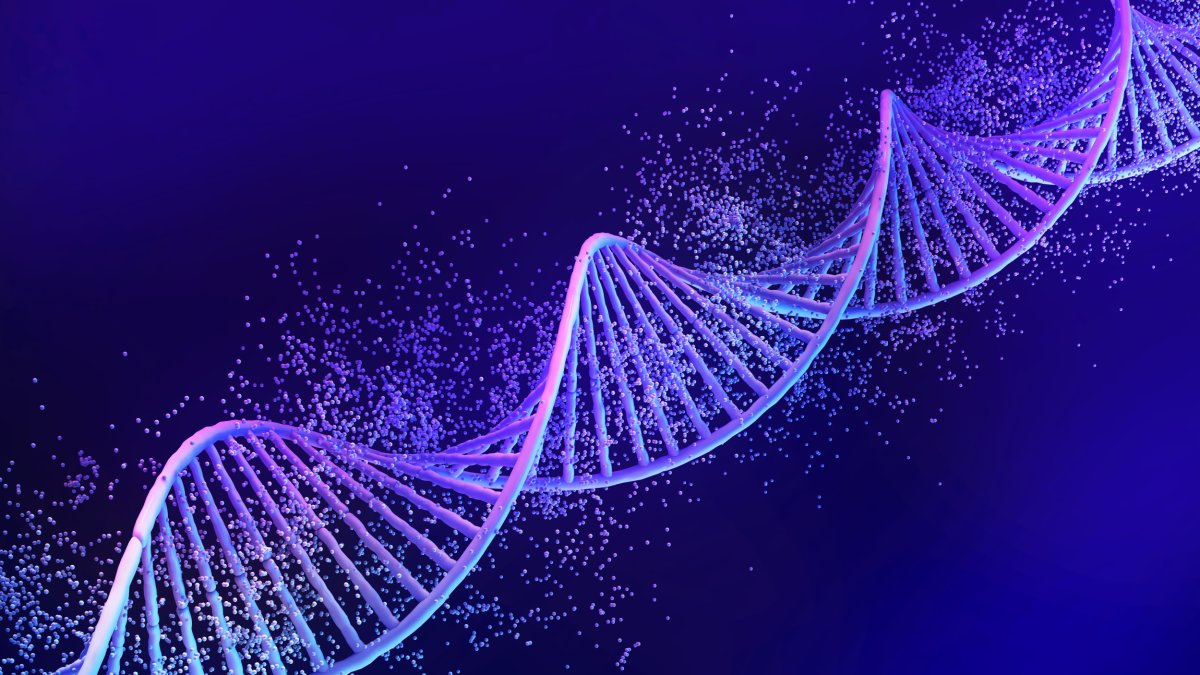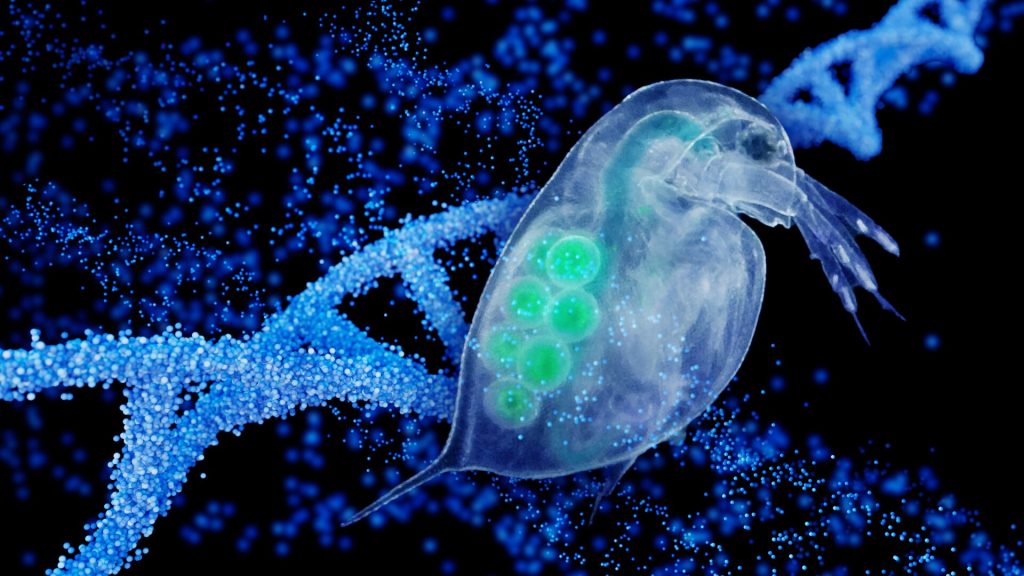A strange little crustacean species is calling into question the way we think about natural selection and evolution.
This tiny animal is called a water flea or Daphniaproduces genetic variation in a strange way, says a new paper in the journal Nature. Proceedings of the National Academy of Sciences.
The researchers found that even in stable environments without strong pressure from natural selection, individual genes are subject to varying degrees of natural selection from year to year.
Jason Drees, Arizona State University
This means: Daphnia Their large genetic variation allows them to easily adapt to changes in their environment.
Natural selection is the process by which environmental pressures cause individuals with certain traits to survive and reproduce better, making them more or less common in a population. It is an important evolutionary mechanism that allows populations to adapt to their environments and requires genetic variation within the population.
In the paper, the researchers explain how they studied the DNA of more than 1,000 tiny crustaceans and discovered that natural selection varies in strength on individual genes from year to year. In stable environments, the researchers found that there was zero pure selection across the genome, yet there was huge variation in different forms of the same gene (called alleles).
These findings call into question conventional thinking about natural selection and suggest that it may operate in a much more subtle way than originally thought.
“This study provides the first glimpse into the temporal changes in gene frequencies that occur in a seemingly constant environment, similar to ongoing fluctuations in genetic variants distributed across the genome,” Michael Lynch, a professor in Arizona State University’s College of Life Sciences, said in a statement.

ISTOCK / Getty Images Plus
Daphnia have a remarkable ability to adapt to environmental stresses, and this could be how they generate enough genetic variation to withstand the blow.
The researchers also found that genes that are close to each other on chromosomes tend to evolve together, meaning beneficial combinations of genes are likely to be inherited together. This could also help speed up the process of adaptation, and could explain why species sometimes evolve faster than we expect.
These findings may also help predict how other species adapt to changing environments. The looming impacts of climate change.
Do you have any tips for scientific articles? Newsweek What should we cover? Have a question about evolution? Write to us at [email protected].
Rare knowledge
Newsweek is committed to challenging conventional wisdom, seeking common ground and finding connections.
Newsweek is committed to challenging conventional wisdom, seeking common ground and finding connections.


